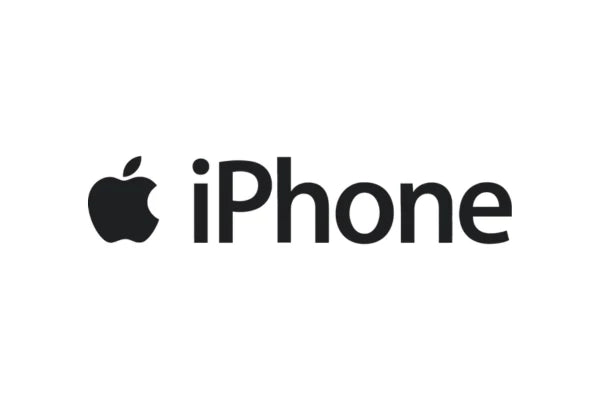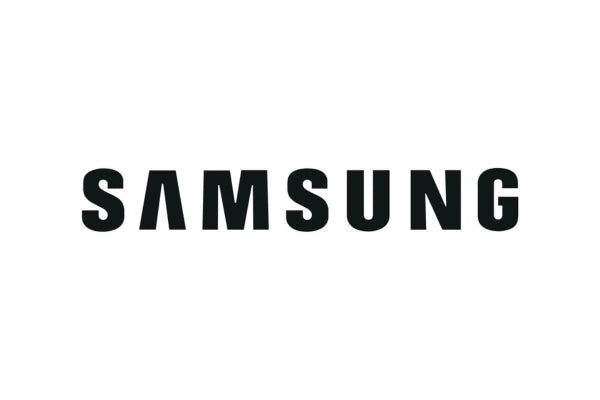
How Refurbished Phones Are Different from Used Phones
Share
In the world of second-hand mobile devices, two terms often cause confusion: refurbished phones and used phones. While they might seem similar, there are significant differences between the two. In this article, we'll explore how refurbished phones differ from used phones, highlighting the benefits and considerations of each option.
Understanding Used Phones
What Are Used Phones?
Used phones are simply pre-owned devices that have been sold or traded in by their previous owners. They come in the same condition they were left in, with no repairs or refurbishments done.
The Market for Used Phones
The market for used phones is vast, offering a wide range of models at various price points. However, the condition of these phones can vary greatly, and buyers need to be cautious about the potential issues.
Pros and Cons of Used Phones
Pros:
- Cost-Effective: Generally cheaper than refurbished or new phones.
- Immediate Availability: Can be found easily through various online platforms or local sellers.
Cons:
- Uncertain Quality: May come with hidden defects or wear and tear.
- No Warranty: Typically sold "as-is" with no guarantees.
Understanding Refurbished Phones
What Are Refurbished Phones?
Refurbished phones are pre-owned devices that have been professionally restored to a like-new condition. This process involves thorough testing, repairs, and quality assurance to ensure the phone meets specific standards.
The Refurbishment Process
The refurbishment process typically includes:
- Comprehensive Testing: Each device is tested for functionality.
- Repairs and Replacements: Defective parts are repaired or replaced.
- Cleaning and Repackaging: Phones are cleaned and often repackaged in new boxes with accessories.
Pros and Cons of Refurbished Phones
Pros:
- Quality Assurance: Refurbished phones undergo rigorous testing and repairs.
- Warranty: Often come with a warranty, providing peace of mind.
- Sustainability: Environmentally friendly option, reducing electronic waste.
Cons:
- Higher Cost: Usually more expensive than used phones, though still cheaper than new.
- Limited Availability: Specific models or configurations may be harder to find.
Key Differences Between Used and Refurbished Phones
Quality and Reliability
Refurbished phones are tested and repaired to ensure they function like new, whereas used phones may have undisclosed issues and wear.
Warranty and Support
Refurbished phones often come with a warranty and customer support, whereas used phones are typically sold "as-is" with no recourse if something goes wrong.
Price Considerations
While refurbished phones are generally more expensive than used phones, they offer better value in terms of quality and reliability. Used phones may be cheaper but come with higher risks.
Environmental Impact
Both options are more sustainable than buying new, but refurbished phones contribute more significantly to reducing e-waste due to the recycling and repair processes involved.
Customer Experiences with Refurbished Phones
"Peace of Mind with a Warranty"
Linda, a satisfied customer, shares, "I bought a refurbished phone because I wanted the warranty. It was more expensive than a used phone, but I have peace of mind knowing it's been thoroughly checked and comes with support."
"Feels Like New"
David, a tech enthusiast, states, "My refurbished phone feels and performs just like a new one. I wouldn't have guessed it was pre-owned if I didn't know."
Customer Experiences with Used Phones
"Great Deal, but Some Issues"
Tom, a budget-conscious shopper, says, "I got a great deal on a used phone, but it had a few issues I wasn't aware of at the time of purchase. It works fine, but I had to spend extra on repairs."
"Affordable and Functional"
Sarah, a student, comments, "Buying used was the only option within my budget. The phone has some scratches, but it works for my needs."
Making the Right Choice for You
Assessing Your Needs
Consider what you need in a phone and your budget. If you prioritize quality and warranty, a refurbished phone might be the better choice. If cost is your primary concern, a used phone could be more suitable.
Evaluating Sellers
Whether buying used or refurbished, choose reputable sellers. Look for customer reviews and ratings, and ensure there's a return policy in place.
Checking for Certifications
For refurbished phones, look for certifications that indicate rigorous testing and quality assurance. This ensures you're getting a reliable device.
Conclusion
Understanding the differences between refurbished and used phones can help you make an informed decision. While used phones are more budget-friendly, refurbished phones offer greater reliability and peace of mind. Ultimately, the best choice depends on your needs, budget, and the level of risk you're willing to take.
FAQs
Q: Are refurbished phones as good as new?
A: Refurbished phones are restored to like-new condition and undergo rigorous testing, making them a reliable alternative to new phones.
Q: Do refurbished phones come with accessories?
A: Many refurbished phones come with new accessories, such as chargers and headphones, often repackaged in a new box.
Q: Can I return a used phone if it has issues?
A: This depends on the seller. Some offer return policies, but many used phones are sold "as-is" with no returns.
Q: Are refurbished phones environmentally friendly?
A: Yes, buying refurbished phones helps reduce e-waste and promotes recycling and reuse of electronic devices.
Q: How can I be sure of the quality of a used phone?
A: When buying a used phone, it's essential to check the seller's reputation, read reviews, and ask for detailed information about the phone's condition.



